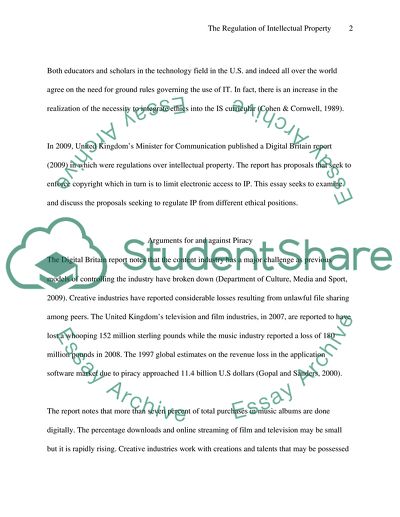Cite this document
(The Regulation of Intellectual Property Term Paper, n.d.)
The Regulation of Intellectual Property Term Paper. Retrieved from https://studentshare.org/law/1732460-professional-ethical-and-policy-issues
The Regulation of Intellectual Property Term Paper. Retrieved from https://studentshare.org/law/1732460-professional-ethical-and-policy-issues
(The Regulation of Intellectual Property Term Paper)
The Regulation of Intellectual Property Term Paper. https://studentshare.org/law/1732460-professional-ethical-and-policy-issues.
The Regulation of Intellectual Property Term Paper. https://studentshare.org/law/1732460-professional-ethical-and-policy-issues.
“The Regulation of Intellectual Property Term Paper”, n.d. https://studentshare.org/law/1732460-professional-ethical-and-policy-issues.


